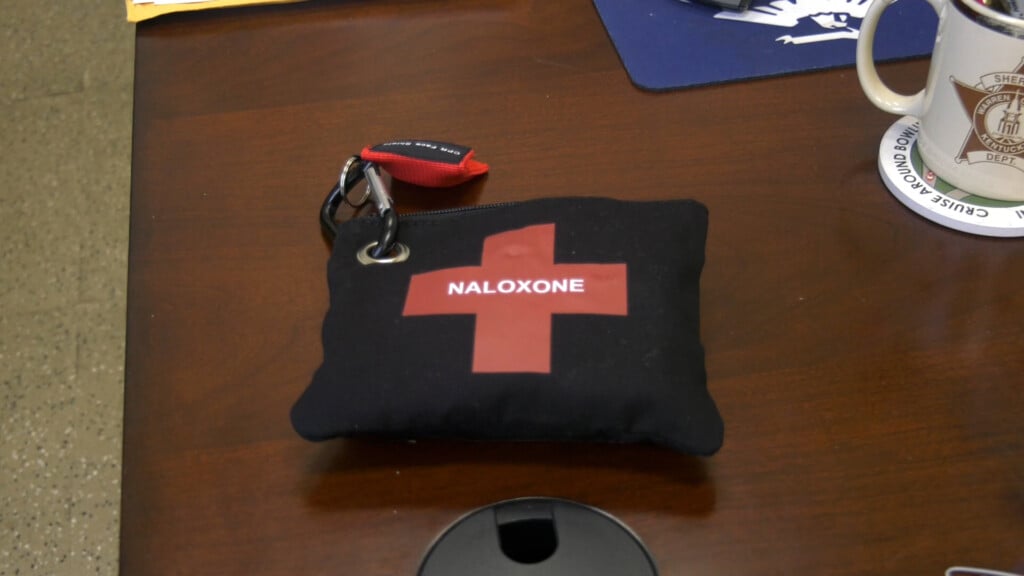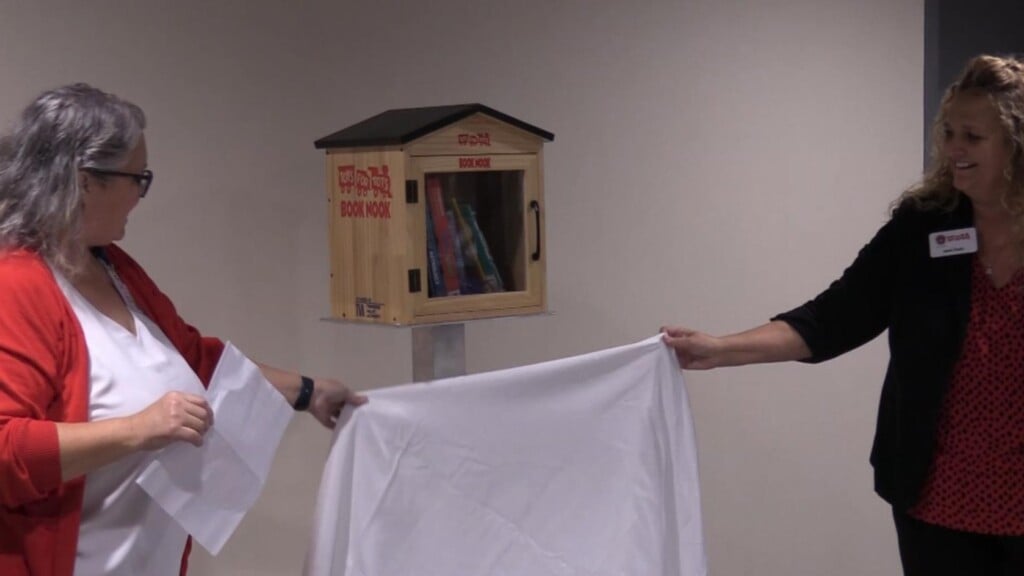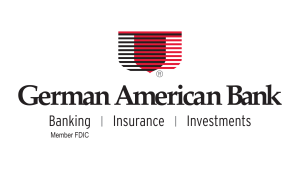Norton Children’s Hospital raises awareness of childhood epilepsy
BOWLING GREEN, Ky. – Epilepsy can be a scary diagnosis, and in children, the diagnosis not only effects the patients but can also effect the parents as well.
This month is National Epilepsy Awareness Month, and Norton Children’s Hospital is highlighting childhood epilepsy and what parents need to keep in mind. Epilepsy is a disease that causes seizures that can range from the violent shaking that most people think over but can also manifest is a less violent and quiet form as well. Epilepsy could be caused by many different situations.
“There are many causes, you know, epilepsy is a collection of rare diseases, and each of them can have their own cause. And it varies by age. And some children, we find structure causes like how the brain is formed, or a small area of scar tissue from a stroke around at birth. Some children may have genetic epilepsy, not necessarily inherited, but due to small changes in DNA that affects how brain cells communicate,” said Dr. Siddharth V Jain, MD, a pediatric epilepsy neurologist with Norton Children’s.
It is also possible for a child’s medical test to not show any signs of epilepsy as well, as nearly half of children do not show epileptic symptoms on medical exams. But medication can help greatly reduce the frequency of seizures, and overtime, a child’s epilepsy might disappear with age. But a child’s parents play a critical role when it comes to managing a child’s epilepsy.
“Parents are a very essential part of the care team, as you can imagine. They know their child best. They can help track seizures, notice any triggers and monitor any side effects to their medications. Giving medications consistently makes a huge difference, and that’s probably one of the most important things that they can do is work with the team, with the care plan and make sure that they’re following it,” Jain said.
If your child experiences a seizure or you have concerns, Norton Children’s says to consult your child’s pediatrician and stay on top of any medication that they may prescribe your child.




